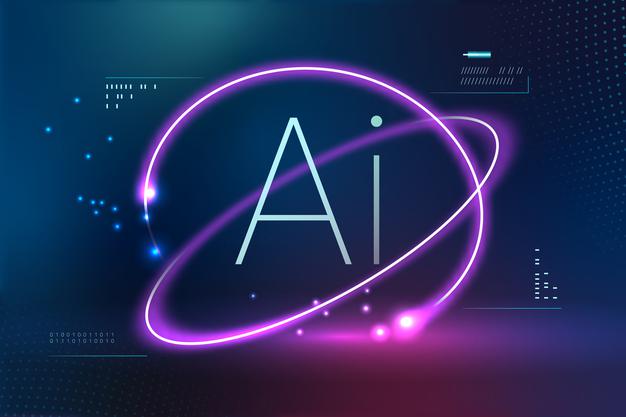
Artificial intelligence (AI) is rapidly becoming a part of our daily life. Every day, we engage with AI systems, often unknowingly. AI is everywhere in our daily lives, from Alexa, smartphones, and the Google search engine to ATMs.
Artificial intelligence (AI) can sometimes conjure up visions of a future in which robots perform some of the world’s most critical tasks. Although AI is still a developing field, numerous applications have lately made significant advancements. Computers may, for example, defeat chess champions, assist in automotive navigation, order drones to return automatically, make medical diagnoses, act as virtual assistants.
Artificial intelligence (AI) is the simulation of human intelligence in robots that have been trained to think and act like humans. The term can also refer to any machine that exhibits human-like traits such as problem-solving and learning. Speech recognition, problem-solving, learning, and planning are just a few examples.
AI is a developing technology that has the potential to revolutionize a variety of sectors. This capability is handy for accounting’s repetitive activities and allows businesses to run more effectively. Here are some of the benefits of AI in accounting firms:
Auditing is usually a costly and time-consuming process. As a result, the scope of an audit is determined by sampling. Continuous auditing on a large dataset is becoming possible now thanks to AI. Instead of being a step in the accounting process that only considers a portion of accounting data, the auditing process can be ongoing, analyzing the complete data set and detecting problems as they occur.
Accounting reports can now be generated automatically. NLG (Natural Language Generation) translates data and charts into a language that humans can easily understand. It also personalizes a report for a specific customer. Moreover, according to Forbes, Commerzbank, based in Germany, uses artificial intelligence to create equities research reports. Meanwhile, the technology has taken over 75% of the work of a human equity analyst.
A system can instantly process a complex business transaction and determine if it qualifies as a tax-deductible expense using machine learning AI. No more squandering man-hours are sifting through accounts searching for tax liabilities; AI can do it all faster and more correctly. Moreover, by employing strategies that detect trends on an annual, quarterly, and monthly basis, AI systems can deliver the most accurate forecasts. Subsequently, AI program anticipates sales and their impact on due taxes for accounting firms’ clients using corporate data and seasonal fluctuations.
Teams are relieved of everyday activities that diminish engagement and hinder their ability to produce value and optimize accounting service delivery by automating repetitive, manual, and time-intensive operations. Accounting and finance may improve their abilities and become nimbler to meet the changing needs of the business, addressing the increasing demands and complexity today and in the future, with more time for analysis.
Moreover, AI has already shown to be the way of the future in accounting organizations, and for a good reason. Also, It eliminates the need for accountants to shift through hundreds of invoices and other documents to generate financial reports. Data will be obtained without human error during auditing and tax preparation.
AI-powered solutions are based on mathematical computations and require large volumes of data sets to accomplish specific tasks. As a result, they are not adaptable. As a result, smaller businesses are unlikely to have enough data to test AI for accuracy before implementing it into their business models.